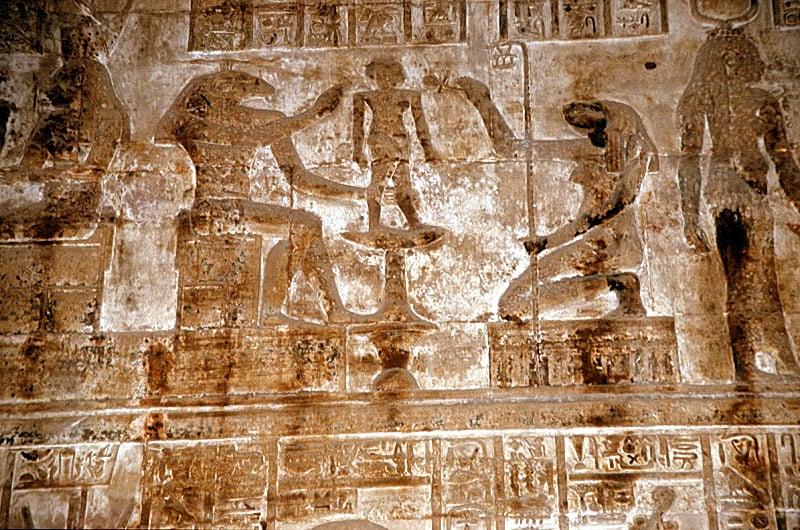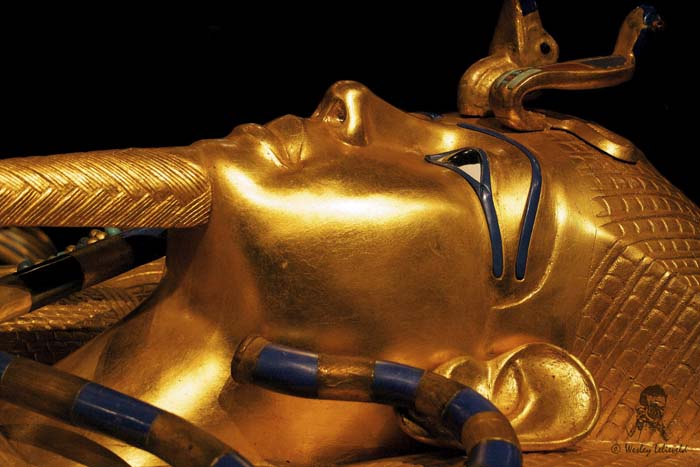What Will the Dominant Economic System of the Future Look Like?
Following up on Plagues: Effect on the Economy and Inequality, this week we’ll attempt to address the question, “what will the dominant economic system of the future look like?”
“It is not from the benevolence of the butcher, the brewer, or the baker that we expect our dinner, but from their regard to their own interest.”
---
To answer the question, “what will the dominant economic system of the future look like,” we’ll have to look not only to the economic systems of today, but begin to look into those of ancient.
Early humans have lived in Africa for over two million years. In that time, Africans and people of African descent have migrated to Asia Minor, Arabia, India, China, Japan, the East Indies. They've also gone to Turkey, Palestine, Greece, countries in Europe. From Gibraltar, they went into Spain, Portugal, France, England, Wales and Ireland. What were these early economic systems? How did they fail?
What of the Incan civilization? The Aztec civilization? The Roman civilization? The Persian civilization? The ancient Greeks? The Chinese? The Mesopotamian civilization? The Indus Valley?
Of three more modern economic systems, what works, what can be improved upon, and what needs to be left behind? Let’s begin by defining capitalism, socialism, and communism.
What is capitalism? It’s said that the essential feature of capitalism is the motive to make a profit. It should create a competitive environment in which businesses compete to be the low-cost producer of a certain good in order to gain market share.
Capitalism tends to benefit capitalists the most. These include business owners, investors, and other owners of capital. Because of how it is structured, capitalism has the potential to place their interest against the welfare of the working class who may be seeking higher wages, fairer treatment, and better working conditions.
What is socialism? Socialism calls for public rather than private ownership or control of property and natural resources. It’s based on the idea that common or public ownership of resources and means of production leads to a more equal society.
What is communism? Communism positions itself in opposition to capitalism, advocating a system in which the means of production and wealth are owned communally, while private property is nonexistent or curtailed. It’s based on the goal of eliminating socioeconomic class struggles by creating a classless society in which everyone shares the benefits of labor.
Because individuals in a communist society are working toward common goals and needs, they’re not free to pursue their own interests. If you’re of the belief that we’re all born with innate gifts that we’re to nurture and contribute for the great good of society, these two points are at odds.
To close, what does an economic system aim to achieve? How will changes in the way people live drive the demands for such a system? How will 3D printing affect imports and exports?
In seeking to answer this, we need to look to the past… the ancient merchants. A system based on profit, supply and demand. One concerned not only for the welfare of the capitalist, an ability which each human with the capacity to work has, but concern for the welfare of the global society, the welfare of the environment. One where workers can just as easily be makers and merchants.
An economic system of the future should encompass socialist ideologies to care for the young, the elderly and the disabled.
---
Ready to invest in digital marketing for your business? Let's work together to create a plan designed around optimizing your business directory listings, while incorporating search engine optimization (SEO), content marketing, search engine marketing, lead generation and website design to ensure that your accounting practice is optimized to help you reach your goals.



